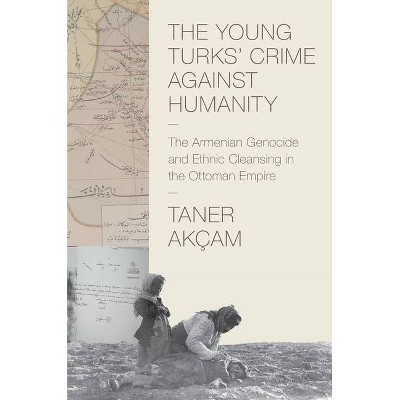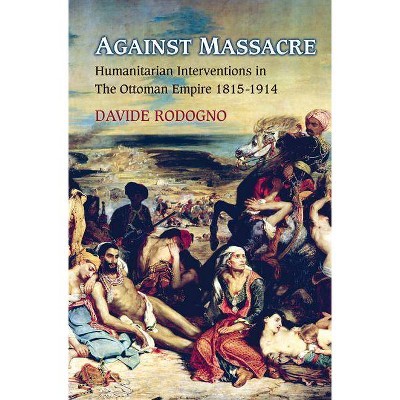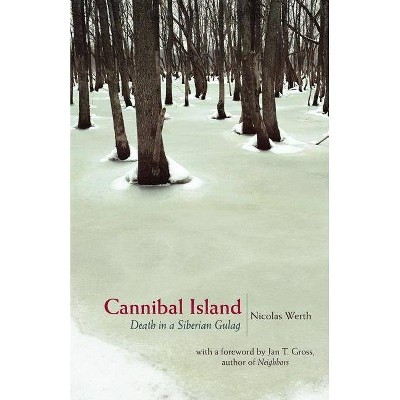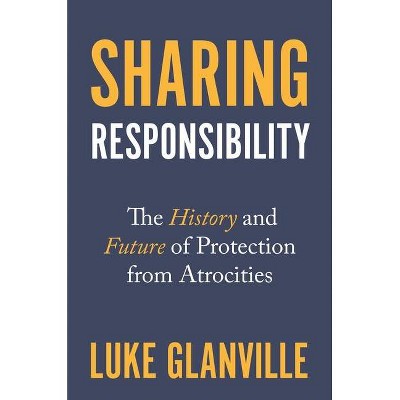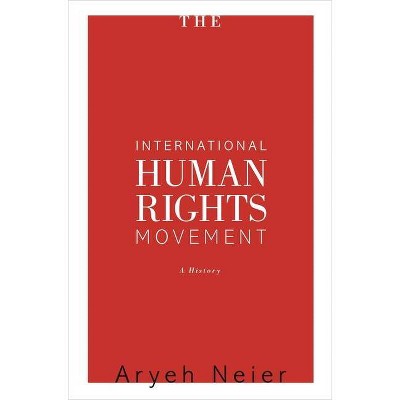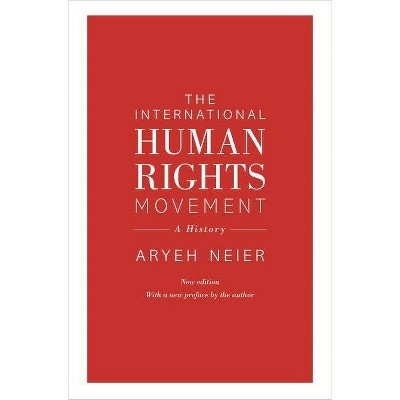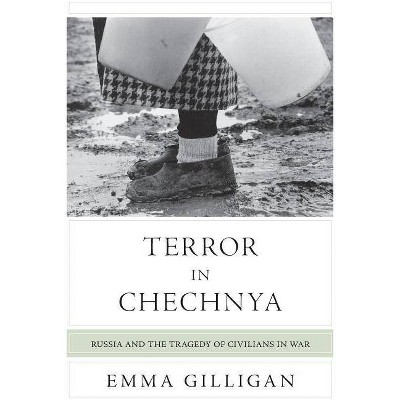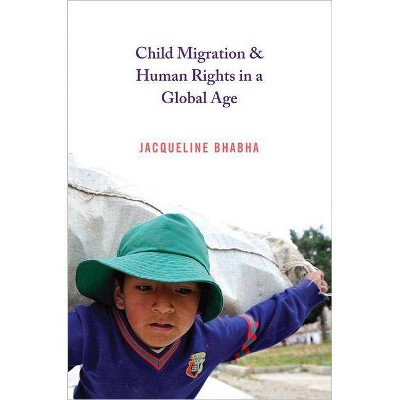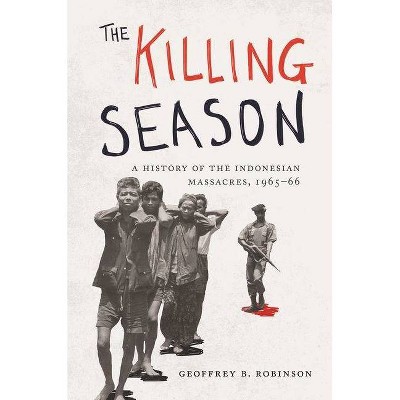Scorched Earth - (Human Rights and Crimes Against Humanity) by Emmanuel Kreike (Hardcover)
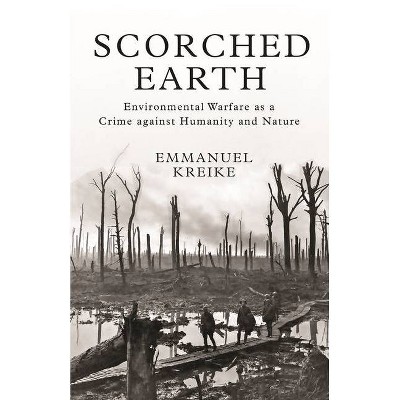
Similar Products
Products of same category from the store
AllProduct info
<p/><br></br><p><b> About the Book </b></p></br></br>"A global history of environmental warfare and the case for why it should be a crime The environmental infrastructure that sustains human societies has been a target and instrument of war for centuries, resulting in famine and disease, displaced populations, and the devastation of people's livelihoods and ways of life. Scorched Earth traces the history of scorched earth, military inundations, and armies living off the land from the sixteenth to the twentieth century, arguing that the resulting deliberate destruction of the environment-environcide-constitutes total war and is a crime against humanity and nature. In this sweeping global history, Emmanuel Kreike shows how religious war in Europe transformed Holland into a desolate swamp where hunger and the black death ruled. He describes how Spanish conquistadores exploited the irrigation works and expansive agricultural terraces of the Aztecs and Incas, triggering a humanitarian crisis of catastrophic proportions. Kreike demonstrates how environmental warfare has continued unabated into the modern era. His panoramic narrative takes readers from the Thirty Years' War to the wars of France's Sun King, and from the Dutch colonial wars in North America and Indonesia to the Indian Wars of the American West and the early twentieth century colonial conquest of southwestern Africa. Shedding light on the premodern origins and the lasting consequences of total war, Scorched Earth explains why ecocide and genocide are not separate phenomena, and why international law must recognize environmental warfare as a violation of human rights."--Provided by publisher.<p/><br></br><p><b> Book Synopsis </b></p></br></br><p><b>A global history of environmental warfare and the case for why it should be a crime</b> <p/>The environmental infrastructure that sustains human societies has been a target and instrument of war for centuries, resulting in famine and disease, displaced populations, and the devastation of people's livelihoods and ways of life. <i>Scorched Earth</i> traces the history of scorched earth, military inundations, and armies living off the land from the sixteenth to the twentieth century, arguing that the resulting deliberate destruction of the environment--environcide--constitutes total war and is a crime against humanity and nature. <p/>In this sweeping global history, Emmanuel Kreike shows how religious war in Europe transformed Holland into a desolate swamp where hunger and the black death ruled. He describes how Spanish conquistadores exploited the irrigation works and expansive agricultural terraces of the Aztecs and Incas, triggering a humanitarian crisis of catastrophic proportions. Kreike demonstrates how environmental warfare has continued unabated into the modern era. His panoramic narrative takes readers from the Thirty Years' War to the wars of France's Sun King, and from the Dutch colonial wars in North America and Indonesia to the early twentieth century colonial conquest of southwestern Africa. <p/>Shedding light on the premodern origins and the lasting consequences of total war, <i>Scorched Earth</i> explains why ecocide and genocide are not separate phenomena, and why international law must recognize environmental warfare as a violation of human rights.</p><p/><br></br><p><b> Review Quotes </b></p></br></br><br><p>[A] sweeping history. . . . Kreike offers a stark corrective and an implicit warning: Humanity is not distinct from nature, and assuming it is can have tragic outcomes. Climate change is one; pandemics are another. In this book, catastrophic warfare is a third. Waiting for the fourth horseman would seem unwise.</p><b>---Tatiana Schlossberg, <i>New York Times Book Review</i></b><br><br>Might this be the most important topic that most smart, very well educated people have never read a book on? [This] treatment is excellent and engaging.<b>---Tyler Cowen, <i>Marginal Revolution</i></b><br><br>Waging war against the Earth is an old business, and this book provides ample--and dispiriting--evidence for it.-- "Kirkus Reviews"<br><p/><br></br><p><b> About the Author </b></p></br></br><b>Emmanuel Kreike</b> is professor of history at Princeton University. His books include <i>Environmental Infrastructure in African History: Examining the Myth of Natural Resource Management in Namibia </i>and <i>Re-Creating Eden: Land Use, Environment, and Society in Southern Angola and Northern Namibia</i>. He lives in Princeton, New Jersey.
Price History
Cheapest price in the interval: 39.95 on October 23, 2021
Most expensive price in the interval: 39.95 on November 8, 2021
Price Archive shows prices from various stores, lets you see history and find the cheapest. There is no actual sale on the website. For all support, inquiry and suggestion messagescommunication@pricearchive.us
